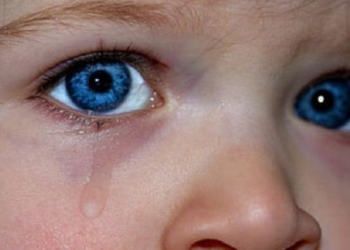Drug detox is part of a rehabilitation program that promotes recovery to drug addiction patients. The detox process involves using treatment to get rid of toxins in the body while managing the withdrawal symptoms resulting from it. It is common for drug addiction patients or their loved ones to wonder if drug detox alone is enough to keep one sober.
Can an individual get sober by simply going through the detoxification process? Does one have to undergo the entire process of rehabilitation? Here is a quick overview of how drug detox helps addiction patients and whether it is effective in keeping one sober.
Is Detox Enough?
The answer is no. Detoxification alone may sadly not be enough to keep an individual sober. Remember, a drug detox process only aims at getting rid of the accumulated toxins in the body. Drug detox can be done at a private rehab facility, healthcare clinic, mental health facility, or even at home. It is advisable to seek professional help during a detox and avoid unmonitored home treatment. That’s because one needs help to manage the withdrawal symptoms that result from a detox.
Beating a drug addiction is not just about getting rid of the toxins—it is an emotional and mental process as well. During and after a detox, one can experience feelings of anger, grief, fear, or even desperation. A drug detox alone is not enough to help one manage these emotions, and if one is not careful, they can easily relapse after the detox.
What Can You Do After Detox?
There are measures that one can take after a drug detox to ensure long term sobriety and proper management of the resultant emotions. One such measure is to enrol for rehab. A rehabilitation program incorporates drug detox, counselling, and other measures to help one beat an addiction. Rehabilitation programs can last anywhere from a few weeks to months. During the program, one is equipped to change habits and thought patterns that encourage addiction. Rehab can also help manage the feelings of frustration, fear, anxiety, and anger that may result from the treatment.
Individuals who don’t wish to go to rehabilitation centers may opt for other options that also produce positive results in addiction patients, including:
- Support groups: These groups are made up of recovery victims who meet to talk and support each other in the journey to sobriety. Support groups can be found in every city and are open to anyone in drug and alcohol recovery.
- Private counselling: Individuals may also opt for private counselling where they can see a private counsellor for therapy services. Private counselling is an excellent option for individuals who don’t want to do group therapy.
Best Habits to Promote Recovery
In addition to undergoing a drug detox and going through therapy, there are other habits that one can adopt to promote quick recovery, good health, and long-term sobriety. One of these practices is adopting a proper and balanced diet. One needs a balanced diet to restore their health. Additionally, incorporating exercise is an excellent way of strengthening the body during recovery. If drug or alcohol cravings strike, one should talk to their doctor or counsellor. There are non-narcotic drugs that can be used to manage cravings and prevent a relapse.
Final Thoughts
Beating a drug addiction with detox only is not always effective for most individuals. Besides detoxing to get rid of the toxins, one also needs to undergo counselling to manage emotions and cultivate new thought processes that will promote recovery and discourage relapses. Individuals should also remember to incorporate new habits such as healthy eating and exercise to help the body to rebound after being subjected to drugs.














